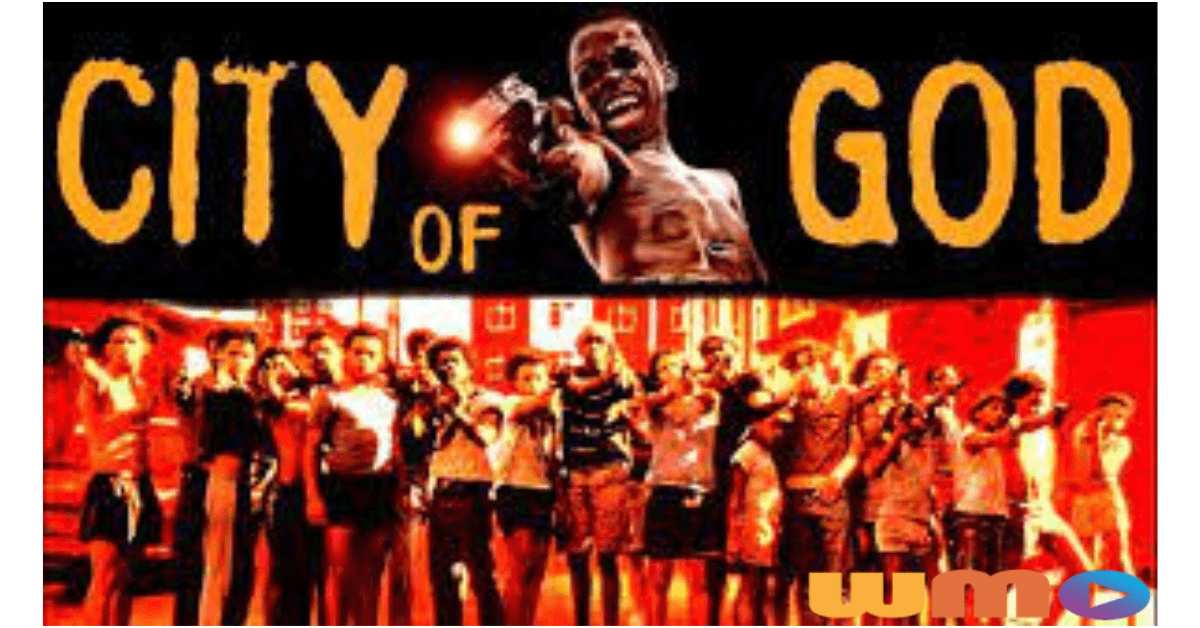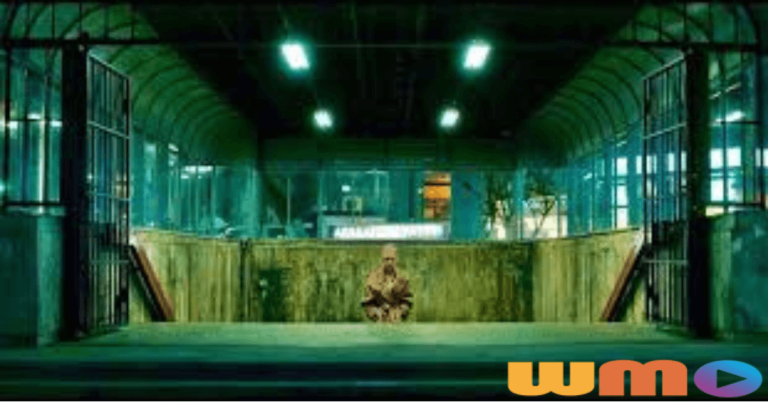City of God 2002 Movie Review
City of God 2002 Movie Review
Introduction
“City of God,” directed by Fernando Meirelles, is a gripping Brazilian crime drama that delves into the harsh realities of life in the favelas of Rio de Janeiro. Released in 2002, the film received widespread critical acclaim for its compelling storytelling, powerful performances, and gritty portrayal of urban violence.
Brief Synopsis
The movie follows the life of Rocket, a young aspiring photographer, as he navigates the dangerous streets of the City of God, a notorious slum overrun by drug lords and gangs. Through Rocket’s lens, we witness the rise of gang warfare and the tragic consequences it has on the community.
Historical Context and Setting
Set in the 1960s and 1970s, “City of God” captures a turbulent period in Brazilian history marked by rapid urbanization, poverty, and social unrest. The film’s portrayal of the favelas reflects the harsh realities faced by marginalized communities in Rio de Janeiro during this time.
Cinematography and Direction
Fernando Meirelles’ innovative filmmaking techniques, including fast-paced editing and kinetic camerawork, immerse the audience in the chaotic world of the City of God. The use of vibrant colors and striking visuals creates a stark contrast to the bleakness of the slums, adding depth to the narrative.
Character Analysis
Main Characters
- Rocket: The protagonist and narrator of the story, Rocket dreams of escaping the cycle of violence and poverty that plagues his neighborhood.
- Lil Ze: A ruthless and ambitious gang leader, Lil Ze’s thirst for power drives much of the film’s conflict.
- Benny: Rocket’s charismatic older brother, Benny becomes a legendary figure in the City of God for his skill as a soccer player.
Antagonists
- Carrot: A rival gang leader who clashes with Lil Ze for control of the drug trade.
- Knockout Ned: A former civilian who seeks revenge against Lil Ze after his family is brutally murdered.
Themes Explored
“City of God” explores a myriad of themes, including:
Violence and Crime
The pervasive presence of violence and crime in the favelas is depicted with brutal honesty, highlighting the cycle of retaliation and bloodshed that consumes the community.
Poverty and Social Inequality
The film sheds light on the systemic issues of poverty and social inequality that perpetuate the cycle of violence, illustrating how marginalized communities are trapped in a cycle of despair.
Hope and Redemption
Despite the bleakness of their surroundings, characters like Rocket and Benny cling to hope for a better future, showcasing the resilience of the human spirit in the face of adversity.
Impact and Reception
“City of God” garnered widespread acclaim from both critics and audiences, earning numerous awards and nominations for its bold storytelling and raw authenticity. The film’s unflinching portrayal of life in the favelas sparked important conversations about social justice and inequality.
Comparison with the Novel
The movie is based on the novel of the same name by Paulo Lins, drawing inspiration from real-life events and characters. While the film takes creative liberties with the source material, it remains faithful to the novel’s themes and spirit.
Awards and Nominations
“City of God” received four Academy Award nominations, including Best Director and Best Adapted Screenplay, cementing its status as a cinematic masterpiece. The film also won numerous accolades at international film festivals, solidifying its place in cinema history.
Cultural Significance
Beyond its critical acclaim, “City of God” has left a lasting impact on Brazilian cinema and popular culture, inspiring a new generation of filmmakers to explore stories rooted in their own experiences. The movie’s legacy continues to resonate with audiences around the world, shining a spotlight on the harsh realities of life in the favelas.
Conclusion
“City of God” stands as a testament to the power of cinema to shed light on the darkest corners of society. Through its gripping narrative and visceral imagery, the film invites viewers to confront the harsh realities of urban life while offering a glimpse of hope amidst the chaos.
FAQs
-
Is “City of God” based on a true story?
- While the film draws inspiration from real-life events and characters, it is not a documentary. However, it offers a realistic portrayal of life in the favelas of Rio de Janeiro.
-
What makes “City of God” a must-watch movie?
- The film’s raw authenticity, compelling storytelling, and powerful performances make it a cinematic masterpiece that resonates with audiences worldwide.
-
Does “City of God” have English subtitles?
- Yes, the film is available with English subtitles for non-Portuguese speaking audiences.
-
What age rating is “City of God” suitable for?
- Due to its graphic violence and mature themes, “City of God” is recommended for mature audiences.
-
Is “City of God” available for streaming?
- Yes, the movie is available for streaming on various platforms, including Netflix and Amazon Prime Video.






